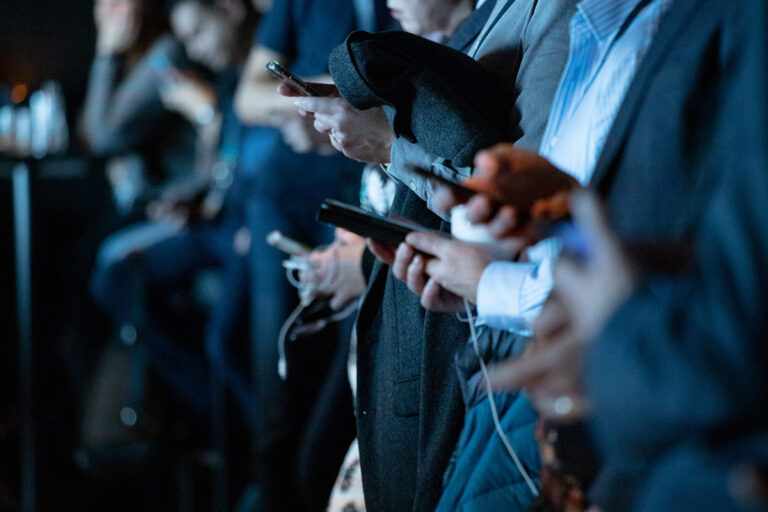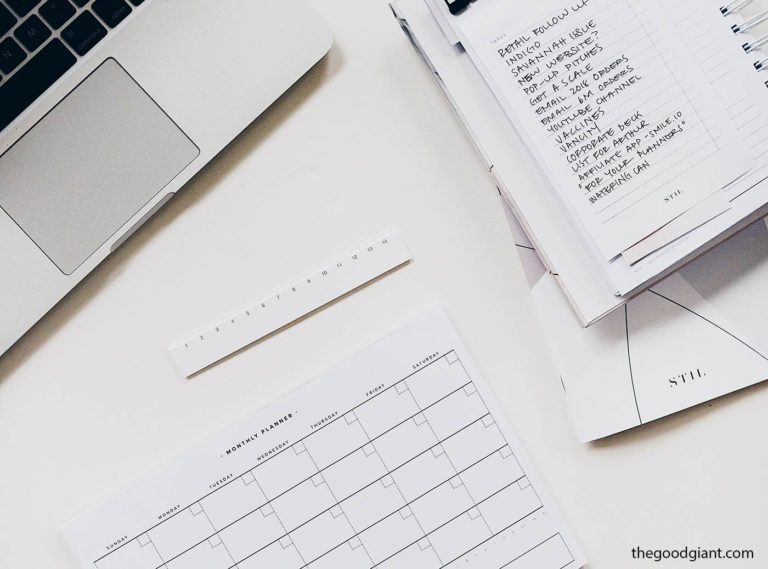Depression doesn’t discriminate, it affects all of us, in some way or the other. Whether, thin, tall, small, poor, rich, famous, non-famous, religious, non-religious, male, female or otherwise, we’ve all experienced some sort of depression. There are many triggers for depression, and like the common cold, it’s always evolving and there’s no real man-made cure.
We’ve developed medication to curb symptoms of depression, but never really to solve it 100%. I personally believe religion can’t solve depression one hundred percent either, a lot comes from within you. Religion may provide methods and some solace for depression, and may get you thinking that a higher power is helping you, but it’s almost like the power of positive thinking, except you don’t acknowledge it.
Depression has no quick fix, otherwise we would’ve been practicing it all the time.
Depression can happen to anyone, even the ones who seem to be the happiest. It literally affects our entire body when we are depressed, it’s not just a mental thing. We are less enthusiastic, less hopeful, less driven and many more negative emotions wrapped up in one. Depression feels like a heavy boulder we can’t carry everywhere, yet we’re forced to.
During a Depression
People do all sorts of weird things while depressed, and that’s okay, once it doesn’t involve self-harm, harm to others or further pushes you down. If you need to watch or read copious amounts of horoscope readings, drive around a lot, read a lot, avoid friends or family, eat chocolate, exercise a lot, seek unorthodox spiritual guidance, whatever it is you need to do, that will help you get over your depression, then go right ahead.
I repeat, once it involves no self-harm or harm to others, do whatever it takes to get over depression. It’s a silent threat as well since some people are depressed and don’t even know it. Yes this actually happens.
People have done some extreme and harmful things while depressed, knowingly and unknowingly. In these cases, some commit suicide, some harm others, some continuously cause others harm (mental or otherwise). This is why the conversation needs to happen. If we continue to pretend to be okay and we’re not, this denial can lead to a build-up of an extreme case scenario, much like I previously mentioned.
So let’s talk about it.
My Personal Experiences
I personally have experienced severe depression and thoughts of suicide once. This, while (unhappily) married, and had a healthy, happy baby. So depression can hit the hardest, even when we think we have our affairs together and it appears we are on top of our game.
Another time I felt like I couldn’t get off the bed on mornings. It was a daunting task to merely start my day and do simple things. So I know the “boulder weight” feeling. Your chest feels heavy, your body feels weak, your mind is consumed by mostly one thing, the source of your depression.
Once I spent an entire year keeping to myself. I kept interaction to a minimum and resorted to interacting on my computer and listening to music for solace.
Another time I barely ate for days.
What was funny, if I dare say that, was that most of these problems could’ve either been avoided or were not life-threatening as in a terminal disease, etc. except for the year I spent by myself, when my father passed away; I was 16 at the time.
During Depression
One thing I have personally observed when depressed is to never look for love, if you’re single. Another is to not make any major decisions or take it out on people. Depression hurts a lot, but it doesn’t mean we need to increase the pain around or in us. Don’t pretend either. Acknowledge you’re not in a good state right now and seek help if you must. Sweeping it under the carpet only snowballs the problems.
My method to dealing with depression was to stay by myself. Not everyone is like that. Some states of depression require different methods, depending on who you are, your personality or your surroundings.
Energy has a lot to do with depression as well. Your inner-energy as well as the energy around you. Proper sleep and rest I think helps alleviate depression. Sometimes fatigue will encourage negative thoughts. So it’s best to be well rested during these times.
Sometimes you need to be out to avoid being depressed, sometimes you just need to talk to someone willing to listen. But the place or people you choose to be around may not be ideal. Sometimes the environment you choose may push you further into your depression rather than alleviate it. Clubs or parties I realised are not conducive to helping depression. When it’s done and over, you’re right back where you started.
People who have a “perfect” life or not empathetic are not ideal to talk to about depression.
Ironically sometimes a place of worship can be depression inducing. I visited a place of worship during a major depression and when I came out of it, the act of going back to the same place of worship reminded me of my time while depressed. Luckily I was able to observe this and make changes.
If I had to recommend anything to get out of depression, is to rely less on people and make yourself stronger. Easier said than done of course. But I think depression is somewhat necessary on a low level. It helps us grow, mature, evolve and more. After a state of depression, at least for me, we appreciate certain things more.
What it does
Depression makes us more empathetic. It doesn’t mean we are weak. It simply means we are human, we feel. Not everyone can pretend to be as perfect as their online persona, all the time. We have our good days, we have our bad days, and that’s okay.
Claiming you’ve never been depressed is the same as saying you’ve never lived life. And some people who claim to get out of depression quickly are probably just shoving it down more.
Material possession is never a means to get over depression. There are those who have a lot of possessions and are terribly depressed or have committed suicide or harm to others. Depression is state of mind, not a state of ownership.
The things we own, own us instead.
Depression I believe, and this is entirely my opinion, is a jolt for us to let go of what we thought was idealistic, or something we wanted, but not what we needed. Instead we should pursue our true passions and goals. That’s what worked for me at least. After a state of depression, I’m at my best apparently. I behave as though I have nothing to lose and focus on what makes me happy without making others unhappy.
It’s okay if people are a bit uncomfortable with your progress. The right people join us in our journey when we pursue what we love doing and the ones we thought were right, that were not, automatically fade away.
If something (not someone) makes you truly happy to pursue, then you should definitely chase it without hesitation. My logic is this, if we’re going to suffer no matter what, why not suffer for the things we love doing rather than suffer for some promiscuous ideal.
Final Note
Don’t pursue people, pursue dreams. It should be your dreams and not someone else’s. What is truly “you”. What brings happiness to another won’t necessarily bring you happiness. Figure out yourself in this journey and slowly but surely I believe your depression will automatically fade away.
That’s it for now, but I’m no where near finished talking about depression. This is a topic I will come back repeatedly to discuss or reference time to time so hope you keep checking back and reading my articles.





